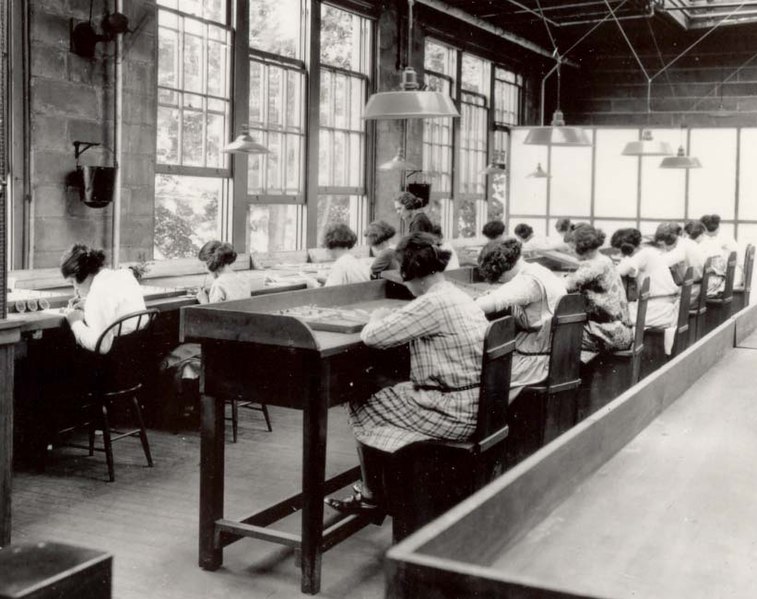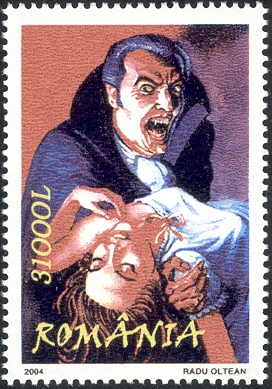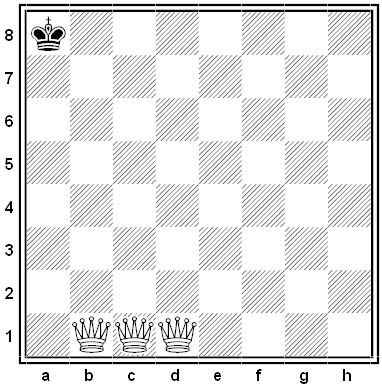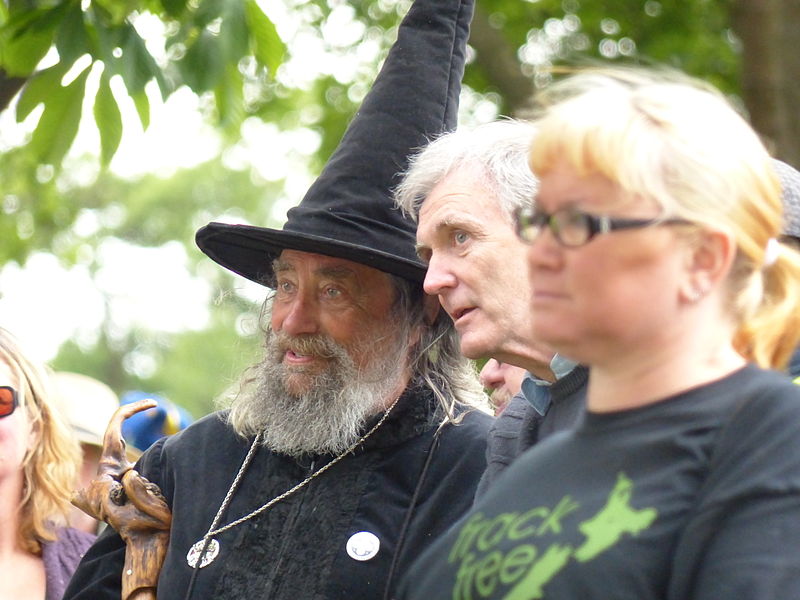Leyland Kirby’s composition Everywhere at the End of Time depicts the progression of Alzheimer’s disease through six hours of successively degraded ballroom music:
STAGE 1: Here we experience the first signs of memory loss. This stage is most like a beautiful daydream. The glory of old age and recollection. The last of the great days.
STAGE 2: The second stage is the self realisation and awareness that something is wrong with a refusal to accept that. More effort is made to remember so memories can be more long form with a little more deterioration in quality. The overall personal mood is generally lower than the first stage and at a point before confusion starts setting in.
STAGE 3: Here we are presented with some of the last coherent memories before confusion fully rolls in and the grey mists form and fade away. Finest moments have been remembered, the musical flow in places is more confused and tangled. As we progress some singular memories become more disturbed, isolated, broken and distant. These are the last embers of awareness before we enter the post awareness stages.
STAGE 4: Stage 4 is where serenity and the ability to recall singular memories gives way to confusions and horror. It’s the beginning of an eventual process where all memories begin to become more fluid through entanglements, repetition and rupture.
STAGE 5: More extreme entanglements, repetition and rupture can give way to calmer moments. The unfamiliar may sound and feel familiar. Time is often spent only in the moment leading to isolation.
“Stage 6 is without description.”






